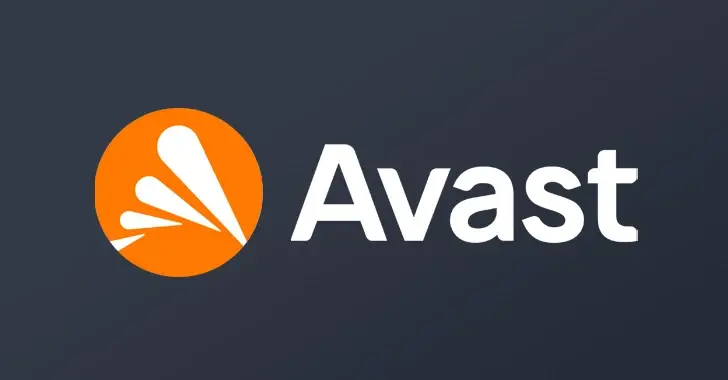A Landmark Fine: The FTC’s $16.5 Million Penalty Against Avast for Selling User Browsing Data
In a striking move to protect consumer privacy, the U.S. Federal Trade Commission (FTC) has imposed a hefty $16.5 million fine on antivirus software giant Avast. This punitive action comes in response to the company’s controversial practice of selling users’ browsing information to advertisers, a direct contradiction of its promise to safeguard users from online tracking.
Unpacking FTC’s Accusations Against Avast
The FTC’s formal complaint unveils that Avast, through its browser extensions and antivirus programs, engaged in the “unfair collection of consumers’ browsing information.” This data was then sold to third parties without providing users adequate notice or obtaining their consent.
The repercussions of these actions are far-reaching. Avast is now prohibited from licensing or selling web browsing data for commercial purposes. Moreover, the company must undertake the responsibility of informing individuals whose data was sold without lawful authorization.
This incident was brought to the public’s eye in 2020 after an investigative effort by Motherboard and PCMag exposed Avast’s data-selling subsidiary, Jumpshot, leading to its shutdown.
Beyond the Fine: The Larger Implications for Consumer Privacy
The FTC’s decisive action against Avast marks a critical moment in the ongoing battle for digital privacy. It sends a clear message to the tech industry about the importance of transparency and consumer consent in data practices. This case exemplifies the growing concern over how companies collect, use, and monetize personal information.
For consumers, the incident is a stark reminder of the vulnerabilities inherent in the digital age. It highlights the need for vigilance regarding the software and services they choose to use. For industry stakeholders, it underscores the significance of ethical data practices, not just for legal compliance but also for maintaining consumer trust and brand integrity.
Moving Forward: The Path to Enhanced Digital Trust
In response to this incident and the fine imposed, it’s crucial for the tech industry to reflect on its data privacy measures. Companies must prioritize transparency and user consent in their data collection and usage policies. Implementing robust data protection measures and ensuring clear communication about how user data is handled can help rebuild consumer trust.
Furthermore, this case accentuates the role of regulatory bodies like the FTC in enforcing privacy standards and holding companies accountable. It’s an essential step towards fostering a safer digital ecosystem where users feel protected and respected.
Conclusion
The FTC’s fine against Avast serves as a pivotal moment in the ongoing discourse on digital privacy and data protection.
It’s a call to action for the tech industry to reevaluate its data practices and for consumers to remain informed and cautious. As we navigate the complexities of the digital world, the importance of privacy, transparency, and trust cannot be overstated.
This incident not only reflects the challenges at hand but also the potential for positive change in ensuring a more secure and privacy-respecting digital environment.
DoD Cyber Security Blogs:
One more data broker is prohibited by the FTC from selling your location information
Literally and figuratively, a polymer scientist wrestles with the frustrations of plastic packaging
Backup and Recovery Techniques for Exchange Server Administrators to Prevent Data Loss
Backup and Recovery Techniques for Exchange Server Administrators to Prevent Data Loss











